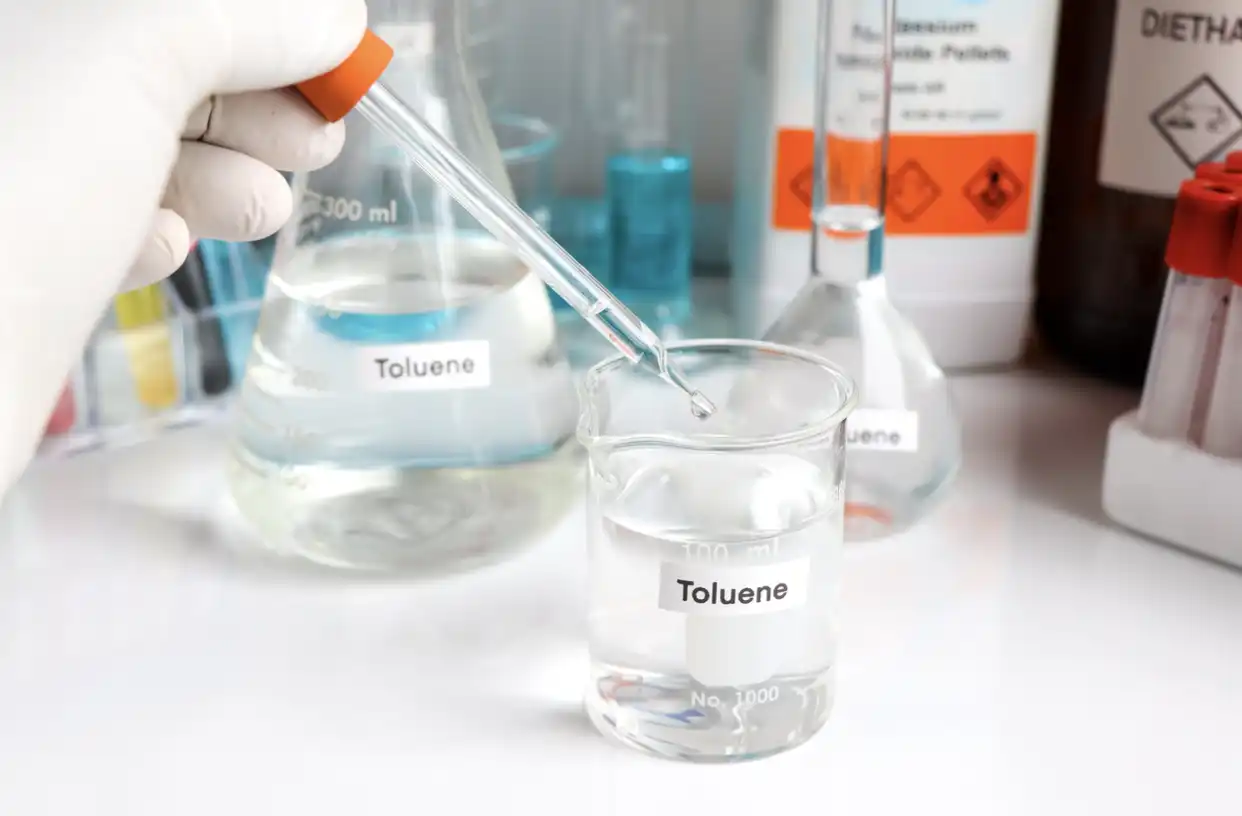
Polyethylenoxid (PEO), auch bekannt als polyethylene glycol (PEG) bei niedrigeren Molekulargewichten, ist ein vielseitiges Polymer aus der Polymerisation von Ethylenoxid hergestellt. Its chemical formula is (C₂H₄O)n, where n represents the number of repeating ethylene oxide units in the polymer chain.
Schlüsseleigenschaften:
- Water Solubility: PEO is highly soluble in water, making it useful in a range of aqueous applications.
- Viscosity: It has a relatively high viscosity, especially in solutions, which can be controlled by adjusting the molecular weight.
- Biodegradability: PEO is biodegradable, making it an environmentally friendly option for various applications.
- Non-Toxic: It is generally recognized as safe and is widely used in food, pharmaceuticals, and personal care products.
- Thermal Stability: PEO has good thermal stability, especially at lower molecular weights, was es für eine Vielzahl von Formulierungen geeignet macht.
Allgemeine Anwendungen:
- Pharmazeutika: Als Bindemittel in Tabletten, als Abführmittel, und als Drogenliefermittel mit kontrollierter Freisetzung.
- Kosmetik und persönliche Pflege: In Cremes, Lotionen, Shampoos, und Zahnpasta als Verdickungsmittel, Lösungsmittel, oder Feuchtigkeitsmittel.
- Lebensmittelindustrie: Als Lebensmittelzusatzstoff (E1521) zur Verbesserung der Textur und der Feuchtigkeitsretention in Produkten wie Eis und Backwaren.
- Industrie: Als Schmiermittel, Tenside, und Dispergiermittel in verschiedenen industriellen Prozessen und Formulierungen.
- Biomedizinisch: In Wundbandages, Hydrogele, und als Drogenträger in medizinischen Anwendungen.
PEO ist ein äußerst vielseitiges und sicheres Polymer mit einer Vielzahl von Anwendungen, insbesondere in Industrien, die wasserlösliche und nicht-toxische Materialien erfordern.



